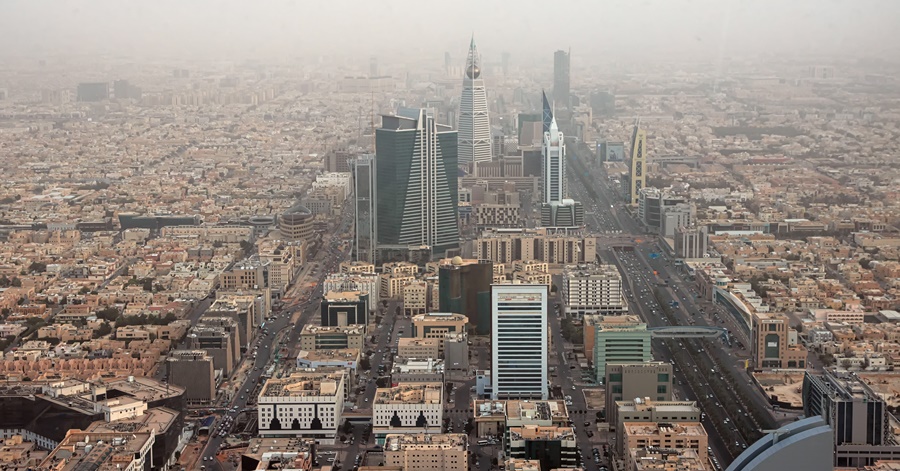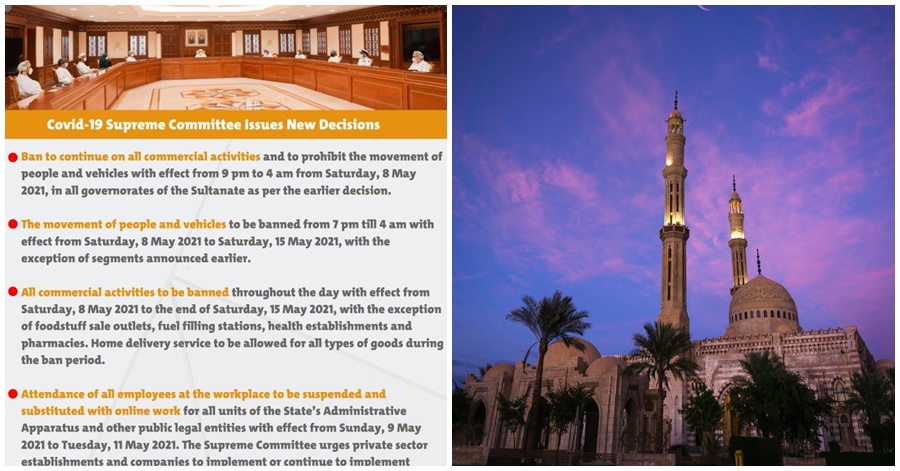Hundreds of lives have been tragically lost, and countless more injured and traumatized, after a horrific earthquake shook the land in the early morning hours on Monday, February 6 2023, near Syria’s border in south-eastern Turkey.
Government representatives from both Turkey and Syria report that the death toll has already surpassed 500, yet it is expected to continue climbing as rescue crews frantically work day and night to save those still trapped in the debris.
Devastating tremors measuring a 7.8 magnitude earthquake struck the area without warning while many people were still asleep in their beds, leaving behind dozens of aftershocks that can be felt throughout the region.
In response to this disaster, Turkey has declared a state of emergency across all impacted provinces. To further aid with rescue efforts, citizens are strongly encouraged to refrain from using their mobile phones so rescuers and first responders can coordinate more effectively. Millions of people spanning multiple countries including Turkey, Syria, Lebanon, Cyprus, and Israel felt the seismic waves of this devastating earthquake which originated from Gaziantep in Turkey.
The city was left unrecognizable with hundreds of buildings crumbling in its wake as a result of the powerful tremors; some structures collapsed entirely while others sustained large cracks along walls or ceilings – leaving many inhabitants homeless or injured.
It’s been reported that individuals are taking part in local relief efforts; donating food, medical supplies, and shelter for those who need it most during these difficult times. Emergency teams are also trying their best to provide psychological support for survivors who have lost family members or friends during the quake.
Here are posts as shared on official news sites online and posts on social media about the earthquake:
Hundreds dead after a powerful 7.8-magnitude earthquake struck southeast Turkey and northwest Syria.
🔴 Follow our LIVE blog for the latest: https://t.co/FLDmeb37UD pic.twitter.com/2wvkZaKMPd
— Al Jazeera English (@AJEnglish) February 6, 2023
The Turkish government has declared a Level 4 State of Emergency following a 7.8 magnitude earthquake.
Belit Tasdemir of AKUT Search and Rescue Association explains what Level 4 means in Turkeyhttps://t.co/PAiZ4D1jU3
📺 Sky 501, Virgin 602, Freeview 233 and YouTube pic.twitter.com/oHioGjhMA5
— Sky News (@SkyNews) February 6, 2023
Earthquake in Turkey and Syria kills hundreds with fears casualties will rise
https://t.co/KNuGNIQzpP— The Guardian (@guardian) February 6, 2023
Hundreds killed as huge earthquake rocks Turkey and Syria
⬇ Live updates
— BBC News (World) (@BBCWorld) February 6, 2023
https://twitter.com/JohnMarkKarr/status/1622520442832519168
Terrible #earthquake hit #Turkey and Syria killing hundreds… Our thoughts are with everyone who suffered in the catastrophe 🙏 pic.twitter.com/6NFDkFEIBW
— Kira Rudik (@kiraincongress) February 6, 2023
2,200 years old Gazintap Castle destroyed by the earthquake in Turkey.
Before vs Now. pic.twitter.com/vAtIWhmlsA
— Xavi Ruiz (@xruiztru) February 6, 2023
https://twitter.com/waheedfalaksher/status/1622508729143857152


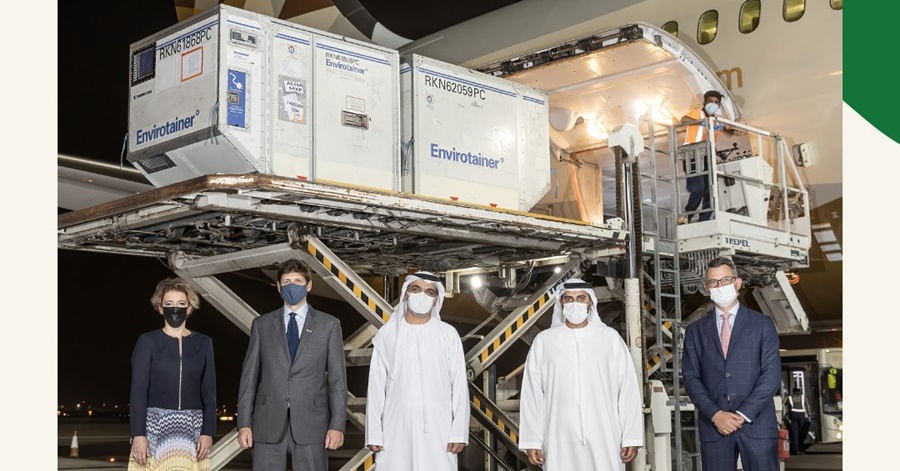
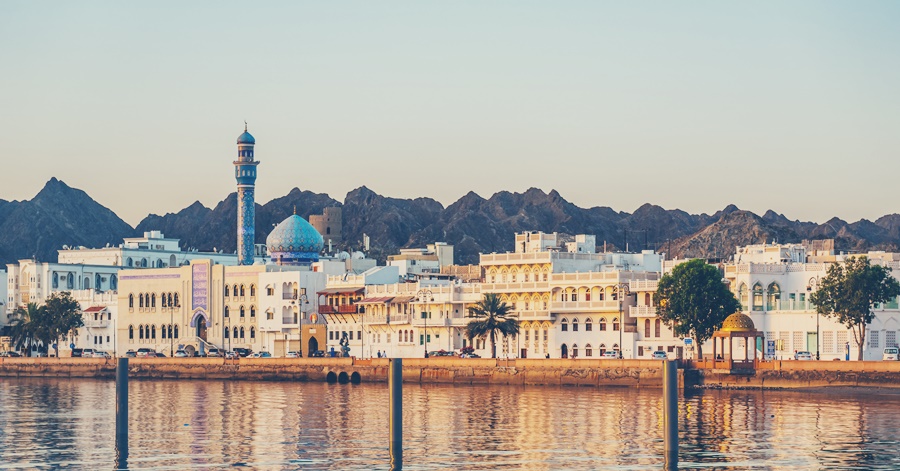
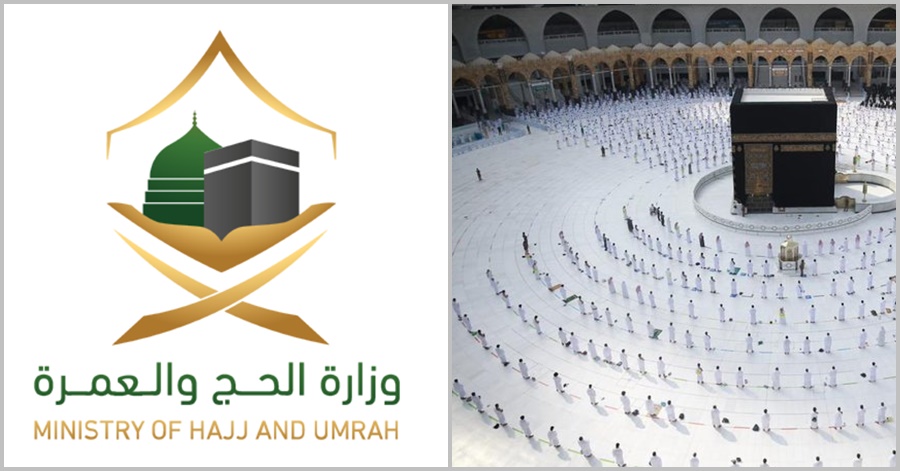


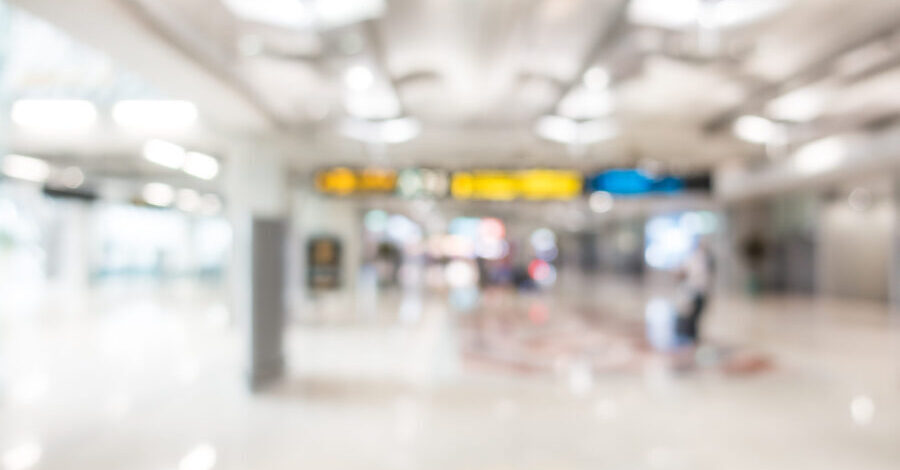
![[VIDEO] Israel’s Iron Dome Blocks 90% of Rockets Fired, Limiting Impact of One of its Largest Assaults](https://middleeast247.com/wp-content/uploads/2021/05/aerial-assault.jpg)
